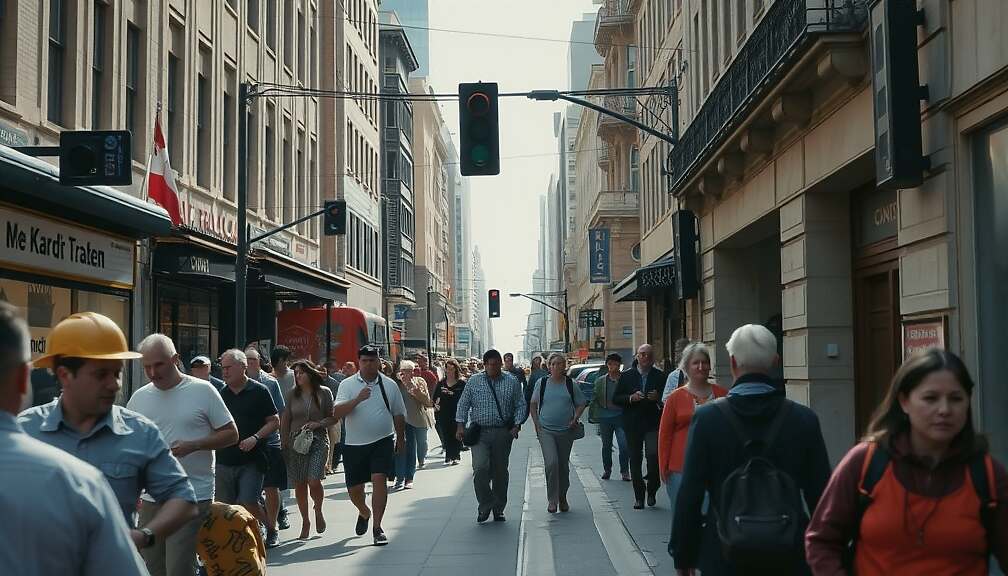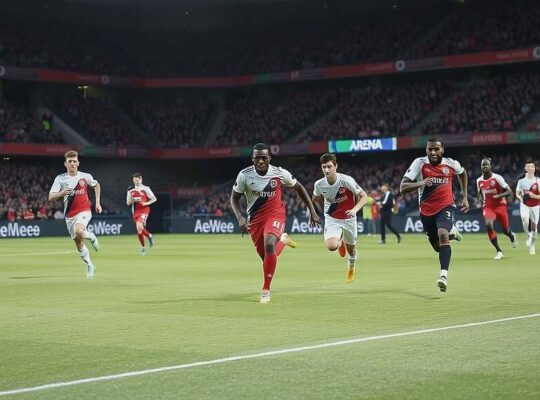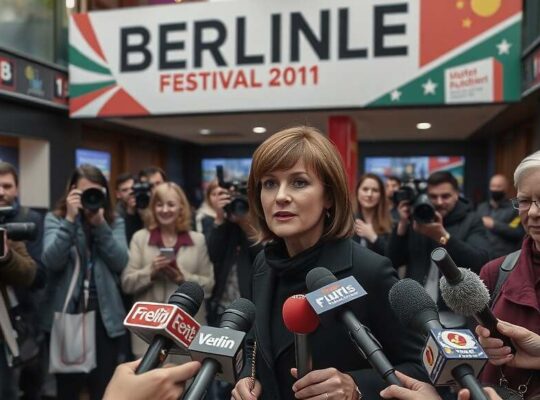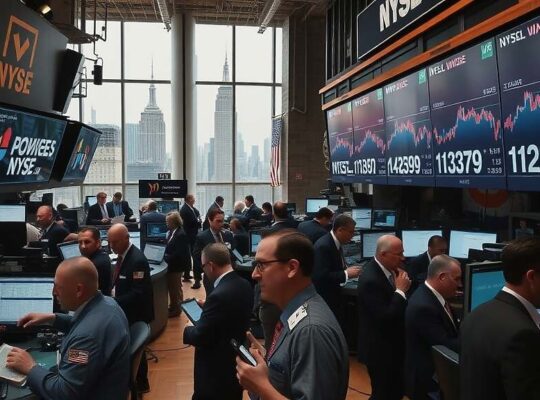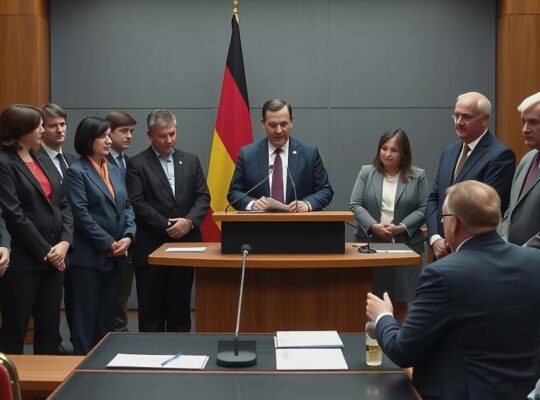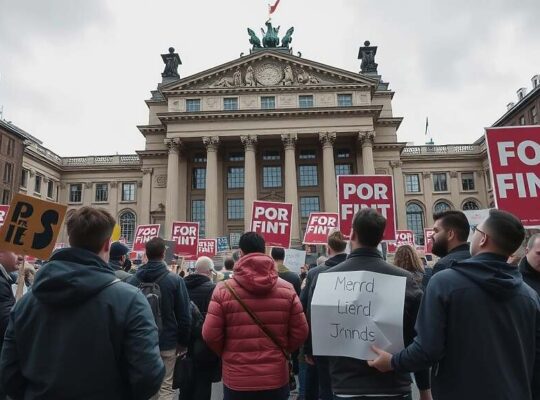The billionaire Klaus-Michael Kühne has launched a scathing critique of Hamburg’s city government, accusing them of lacking ambition and presiding over a stagnation that risks undermining the city’s future. In an interview with the German weekly “Die Zeit” Kühne, who has resided in Switzerland for five decades, expressed his disappointment with Hamburg’s current trajectory, citing economic underperformance, a struggling port and a lagging scientific community.
Kühne’s criticism centers around what he perceives as a complacent approach from the Hamburg Senate, characterized by a contentment that prioritizes the status quo over necessary, transformative change. “The attitude is: ‘The citizens are satisfied, why should we change much?’ This is a mindset I cannot share and deeply regret” he stated. This sentiment raises important questions about the balance between citizen satisfaction and the pursuit of progress, particularly in a city with Hamburg’s historical significance and potential.
The 88-year-old’s intervention isn’t merely a verbal critique; it’s accompanied by substantial investment proposals aimed at stimulating renewed dynamism. Kühne has pledged €330 million for the construction of a new opera house and an additional €100 million into the stalled Elbtower project, currently suspended due to the insolvency of real estate empire René Benko’s Signa Group. While Kühne insists his motives are purely philanthropic and devoid of a desire for personal recognition, the scale of his proposed investment inevitably triggers questions about the role of private wealth in shaping public infrastructure and, potentially, influencing political agendas.
The timing of Kühne’s pronouncements is significant, occurring amidst ongoing debates concerning Hamburg’s economic competitiveness and a growing sense of vulnerability within the city’s business community. His remarks are likely to intensify the pressure on the Hamburg Senate to demonstrate a more proactive and ambitious policy agenda, moving beyond the perceived comfort of maintaining the current, arguably fragile, equilibrium. The clash between the billionaire’s vision for a revitalized Hamburg and the prevailing political sentiment promises to be a defining feature of the city’s political landscape in the coming months.


